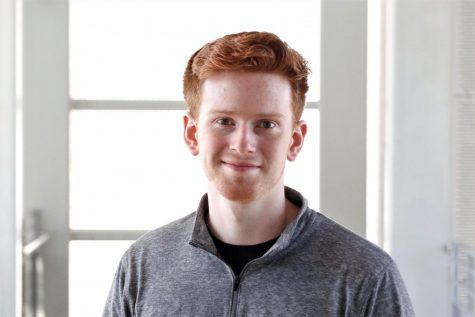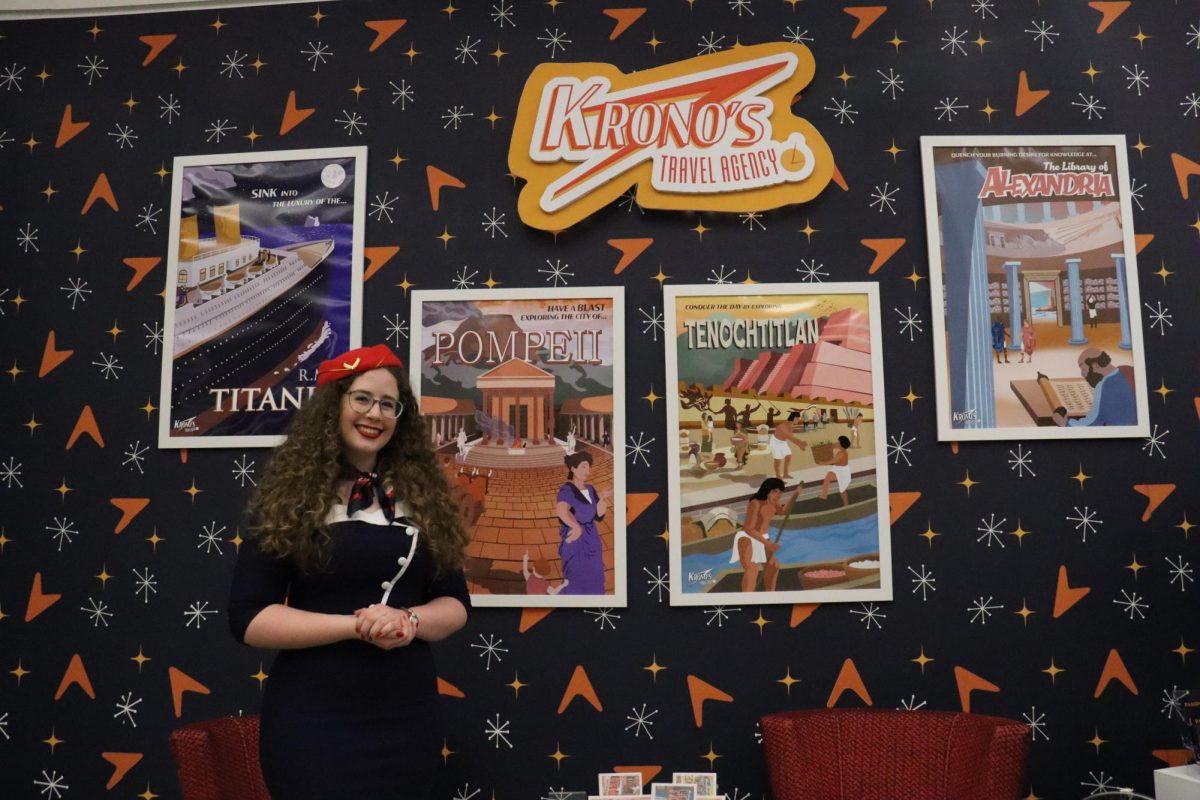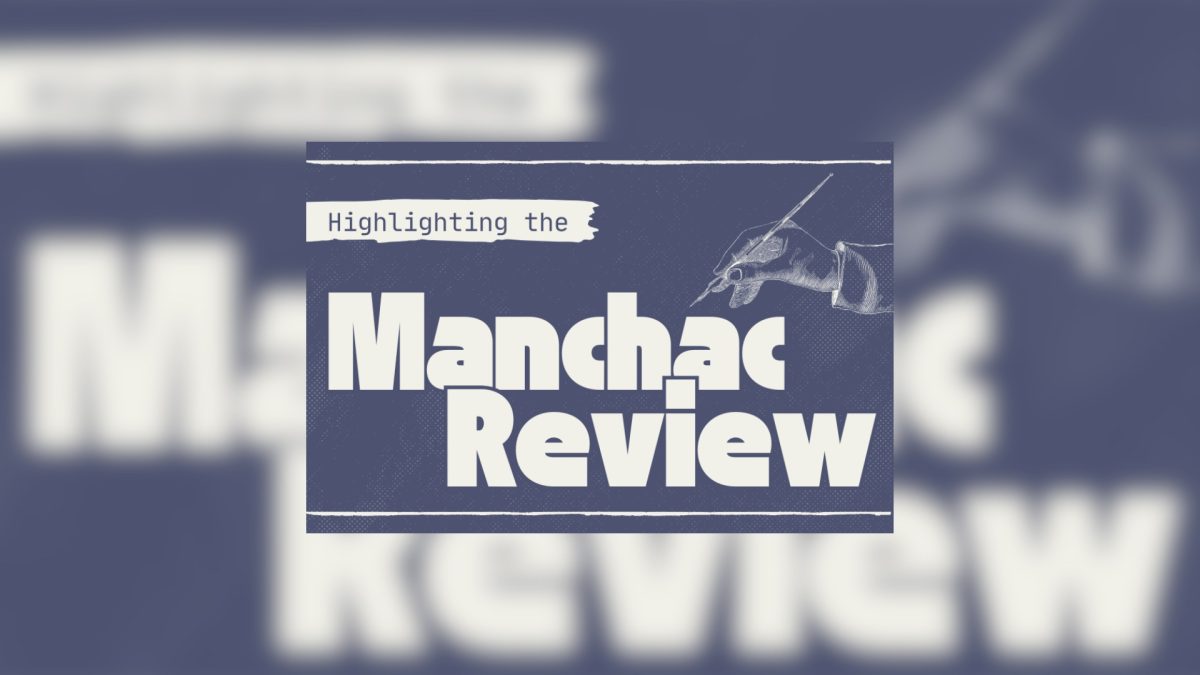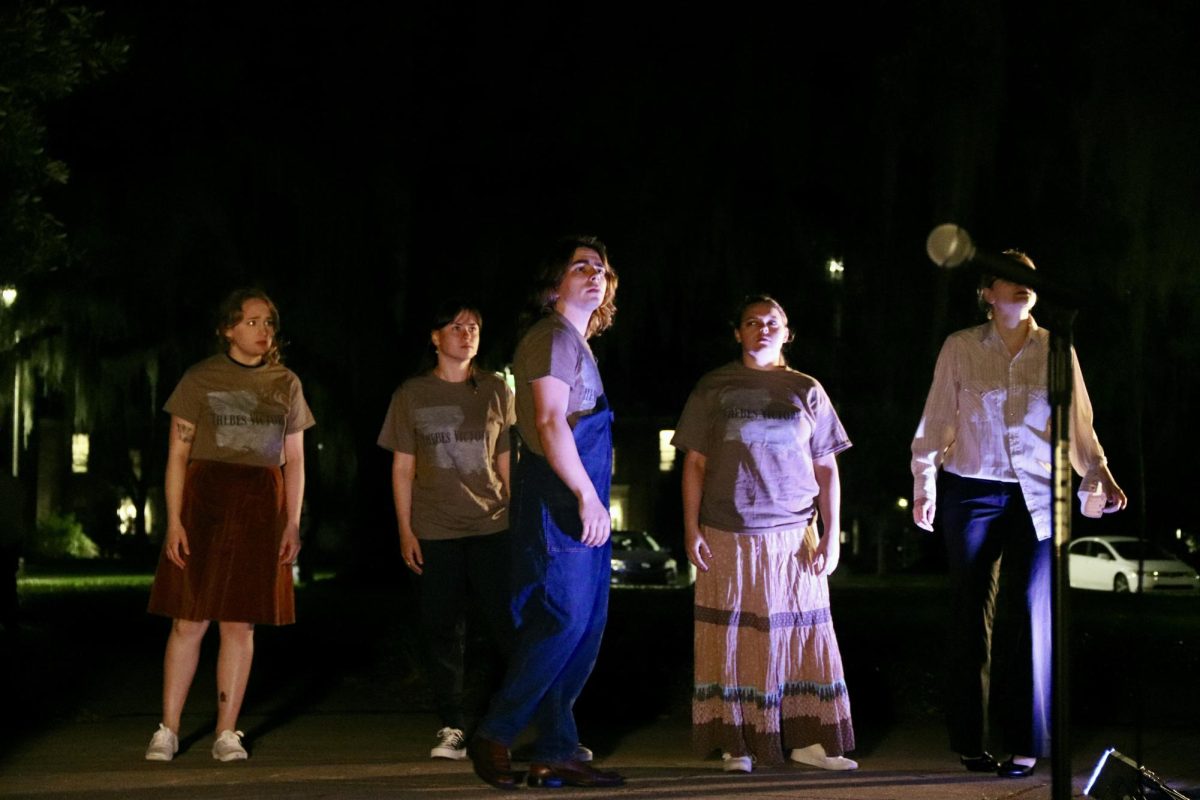
The Southeastern Louisiana Writing Project provides teachers of all grade levels the opportunity for personal growth through summer programs, allowing them to share classroom ideas with other teachers.
Founded in 1992, the SLWP is one of six writing projects in Louisiana, and the SLWP is accredited for the nationally acclaimed “New Orleans Writing Marathon.”
Professor of English and Director of the SLWP Richard Louth discussed one of the programs that the SLWP offers, the 2018 Invitational Summer Institute in Teaching Writing.
“The institute is a National Writing Project Summer Institute and is ran according to the National Writing Project model of ‘teachers teaching teachers,’” said Louth. “That model includes putting the teachers who participate at the center of what we do and what we know. They share their best practices with each other and teach each other, under my guidance, during the institute.”
There is also an English 646 class where participants can earn three credit hours towards a graduate degree for participating in the institute.
Instructor and Academic Advisor Karen Shields participated in the summer institute in 2016 and shared how the program helped fix her attention on writing.
“Focusing all day, each day on writing allowed me to refocus and recognize how important writing is to me,” said Shields. “The SLWP structure points the participants in a general direction but allows each writer to choose their own path. It gave me the opportunity to work with other writers/educators and share our work and our ideas with one another. The program allowed me to return to the classroom with a new perspective and new energy.”
High school English teacher at St. Charles Catholic High School Kimberly Stewart also attended the institute that summer and explained that she found it helpful to relate her experiences in the classroom with other teachers.
“I learned from my peers through presentations of their best practices, and I reflected greatly on my philosophy as an educator and as a writer,” said Stewart. “I then spent a week in the French Quarter, journaling and sharing my writing in small groups filled with the people I’d grown to know through the institute. This type of writing is unlike anything I had experienced before Richard Louth, organic and uninhibited. As an ending to the institute, we returned to the classroom where we workshopped each others writing and shared our final products with our classmates.”
Stewart added that she took her students to the French Quarter for the New Orleans Writing Marathon in the hopes that they “experience the world through writing in the fresh, meaningful way.”
Since the SLWP invites teachers of several grade levels to this summer program, Louth explained that “the great equalizer is that they are all treated as writers and expected to write.”
Louth shared that the recession greatly affected the amount of funds the SLWP was able to receive.
“We had received between $35,000 to $45,000 per year from NWP, with the university being required to match that amount each year,” said Louth. “Then NWP’s new federal funding provided a different kind of grant to sites, called SEED grants, and these were smaller, $15K, and did not require a university match.”
The SLWP used to hold an advanced institute for veteran teachers, but Louth described how the lack of federal funding affected the program.
“The funds covered teacher tuition, stipends and operation of the institute,” said Louth. “When the funds became reduced after 2011, we held invitational institutes some summers and advanced institutes other summers. Last year, the NWP did not receive any federal funds, and so this coming summer, the summer institute will not be able to provide tuition or stipends for teachers.”
Louth explained the history of one of the SLWP’s most renowned contests, the “New Orleans Writing Marathon.”
“I developed the concept of the ‘New Orleans Writing Marathon’ at our site, and it began essentially in 1996 as a one-day visit to New Orleans by summer fellows who went to the city as writers wanting to write their way across the city following a protocol I’d developed for small groups. By 2000, the writing marathon grew into an overnight writing trip for institute, and not long later, it had turned into three-day advanced institutes that invited teacher/writers from across the country to attend.”
Since 2015, the marathon has turned into a five-day event where teachers work in small groups for eight hours a day under his direction. According to Louth, the NOWM sparked the beginning for other National Writing Project sites across the nation.
Once a former participant of the Writing Project, Louth summarized the essence of the SLWP.
“The Writing Project is looked upon by many teachers as a transformative experience,” said Louth. “It certainly transformed me as a teacher and continues to re-energize me every year because it’s hard to not be transformed or re-energized when you are in a room, or out writing on the streets, with some of the best teachers in LA.”






